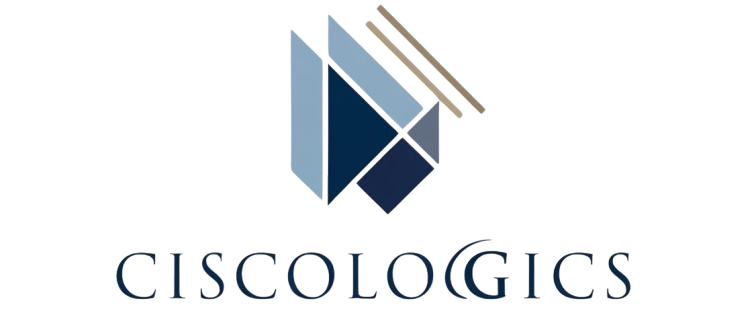Impact of AI on business operations

Impact of AI on Business operations in the current scenario the business environment, the incorporation of Information Technology (IT) and Artificial Intelligence (AI) has become dominant. These technologies are not just tools for the organization to manage the resources of the organization. They are also alternative forces redesigned how organizations operate, compete, and serve their customers according to the capacity of the organization. This article is to elaborate the impact of Information Technology and Artificial Intelligence on modern business performance, prominent key areas of change and conceivable benefits.
Improved Operational Efficiency and Productivity
Most significant impact of AI on business operations, Information Technology and Artificial Intelligence is the improvement in operational efficiency and decision strategies of the business. Artificial Intelligence uses Automatic tools as well as technologies, which enables businesses to vindicate processes that were once manual and time taking. Robotic process automation can manage monotonous tasks such as data entry and billing processing helps to free up human employees to focus on more creative strategic activities. This shift not only speeds up operations but also reduces omissions, errors, resulting in cost savings and increased efficient productivity.
Data-Driven Decision Making
The rapid advancement of information has caused this specific phase, which has brought about a change that decision makers cannot reverse once they are influenced. The impact of AI on business operations is significant, particularly in terms of mass production, information storage, analysis, and potentially identifying patterns and information. These findings help determine the appropriate advertising strategies, the number of ads to display, and the type of customer experience to offer in the market.. The other one is to employ predictive data analytic to predict the level of demand and then optimize the inventory management to avoid overstocking and under-stocking.
Improved Customer Experience
Artificial Intelligence tools i.e. chat bots are pushing up how to intact the customers with channels. Chat bots provides the services to companies to offer 24/7 support, answering customer service questions well in time and enhance customer satisfaction. Beyond that, Artificial Intelligence tools study the behavior of customers and elaborate custom experiences improving both activities as well holding. Artificial Intelligence also helps streaming services recommend content based on what you watch, retaining users by guiding them toward the next episodes.
Enhanced Security and Risk Management
In the age of a digital era, the relevance of an efficient IT security policy has to be highlighted. The next generation of artificial intelligence is about to emerge that will enhance the defenses against cyber attacks in the real time. These predictive technologies developed in machine learning assist companies in recognizing and preventing threats based on how users conduct their activities, thus helping the company act swiftly when a breach occurs.Moreover, frameworks help organizations address legal requirements and avoid risks associated with other IT projects that they may not be well aware of.
Agile Business Models
Using IT and AI enables the organization to swiftly adjust to change, allowing it to customize its operations accordingly. This enables the companies to address new opportunities in the new markets or adjust according to new developments in the markets and so fosters creativity. Both cloud computing and SAAS solutions provide flexibility to adjust resources rapidly for a business, with an aim of minimizing costs without investing in the purchase of capital and other resources, if they need to move operations efficiently without substantial expenses. Substantial agility is found in sectors characterized by swift changes such as food or fashion consumerism.
Workforce Transformation
This shift of AI to the workplace has led to the development of many concerns concerning employment replacement; nonetheless, there are numerous benefits that companies can derive in the process of embracing the change. This can lead to gains in productivity since it gives employees a chance to focus on complex and creative types of work that need creativity, rational thinking, and interaction with people. This change necessitates educational interventions that aim to enhance the supply side by equipping the workforce with the necessary knowledge, skills, and attitudes for the new policies. As shown in this study the researchers assume that providing training and practice skills that are up to date is probably a significant factor of a high level of employee satisfaction with their work and therefore, employees’ higher levels of retention.
Competitive Advantage
The utilization of IT and AI to the organization and operations improves competitiveness. That’s how the organizations get the edge above the competition in the market by implementing these technologies in a way that creates and delivers new products and services that address tomorrow’s needs. Companies like Amazon and Netflix showed that companies can leverage AI effectively by offering customer’s customized experiences and automating day to day tasks.

Conclusion
The present IT and AI in today’s business practices and their impacts. These innovations are contributing significantly to the changes, improving efficiency, and providing analysis, customer satisfaction, and organizational versatility. The major drawback in this technology that I expect to encounter is, of course, cyber security risks. So many potential benefits compared to risks. It just looks too appealing to get into this business. Only those who understand these trends, could adapt to IT and AI, will be able to succeed in this competitive era.
for more information please visit ciscologics.com
